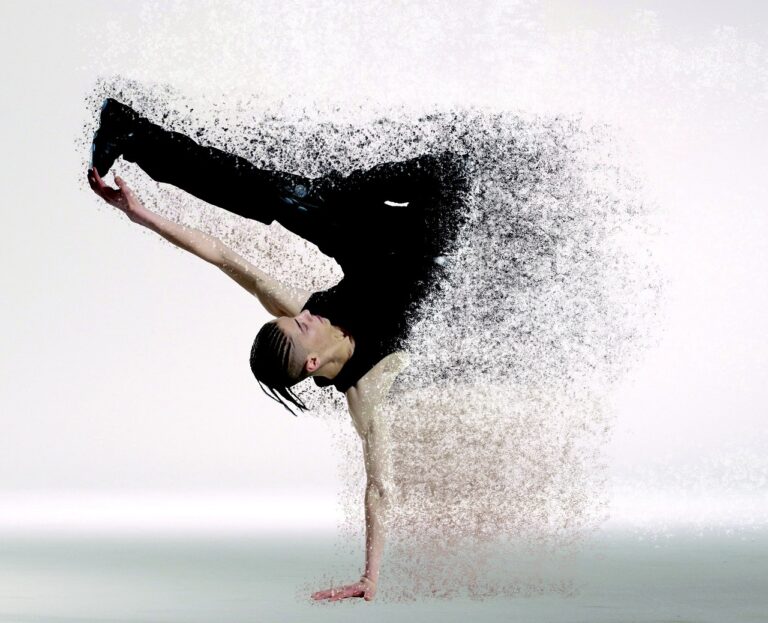Radiology’s Impact on Clinical Psychology: 11xplay online id, Anna reddy book, Golden7777.com admin
11xplay online id, anna reddy book, golden7777.com admin: Radiology’s Impact on Clinical Psychology
Radiology plays a crucial role in the field of clinical psychology, providing valuable insights into the inner workings of the human brain and mind. Through various imaging techniques, such as MRI, CT scans, and PET scans, radiologists can identify structural abnormalities, track brain activity, and monitor changes in the brain over time. These advancements have revolutionized the way psychologists understand and treat mental health disorders, leading to more personalized and effective interventions.
The marriage of radiology and clinical psychology has opened up new avenues for research and treatment in a variety of mental health conditions, including anxiety disorders, depression, schizophrenia, and addiction. By allowing psychologists to visualize the brain in real-time, radiology has provided valuable data on the underlying mechanisms of these disorders, leading to more targeted and successful treatment strategies.
One of the key ways in which radiology has impacted clinical psychology is through the early detection and diagnosis of mental health disorders. With imaging techniques such as MRI, psychologists can identify subtle changes in brain structure and function that may indicate the presence of a disorder. This early detection allows for timely interventions and prevents the progression of the condition, leading to better outcomes for patients.
Furthermore, radiology has also improved the monitoring of treatment efficacy in clinical psychology. By tracking changes in the brain before and after treatment, psychologists can assess the impact of interventions on brain function and structure. This feedback allows for adjustments in treatment plans and ensures that patients are receiving the most effective care possible.
Another significant impact of radiology on clinical psychology is in the development of new treatment approaches. With a better understanding of the brain’s inner workings, psychologists can create more targeted interventions that address the specific neural pathways involved in a particular disorder. This personalized approach to treatment has led to a higher success rate and better outcomes for patients.
Moreover, radiology has facilitated groundbreaking research in the field of clinical psychology. By providing detailed images of the brain, researchers can study the neural correlates of various mental health disorders and gain insights into their underlying mechanisms. This knowledge has led to a deeper understanding of these conditions and the development of more effective interventions.
In conclusion, radiology has had a profound impact on clinical psychology, revolutionizing the way psychologists understand and treat mental health disorders. From early detection and diagnosis to personalized treatment approaches and groundbreaking research, radiology has paved the way for more effective and targeted interventions. The marriage of these two fields has undoubtedly enhanced the quality of care for individuals struggling with mental health issues.
FAQs:
Q: How does radiology help in the diagnosis of mental health disorders?
A: Radiology techniques such as MRI and CT scans allow psychologists to visualize the brain’s structure and function, helping them identify abnormalities that may indicate the presence of a disorder.
Q: What role does radiology play in monitoring treatment efficacy?
A: Radiology allows psychologists to track changes in the brain before and after treatment, providing valuable feedback on the effectiveness of interventions and guiding adjustments in treatment plans.
Q: How has radiology influenced the development of new treatment approaches in clinical psychology?
A: By providing insights into the brain’s inner workings, radiology has enabled psychologists to create more targeted and personalized interventions that address the specific neural pathways involved in a particular disorder.
Q: What impact has radiology had on research in clinical psychology?
A: Radiology has facilitated groundbreaking research by providing detailed images of the brain, allowing researchers to study the neural correlates of mental health disorders and gain insights into their underlying mechanisms.







